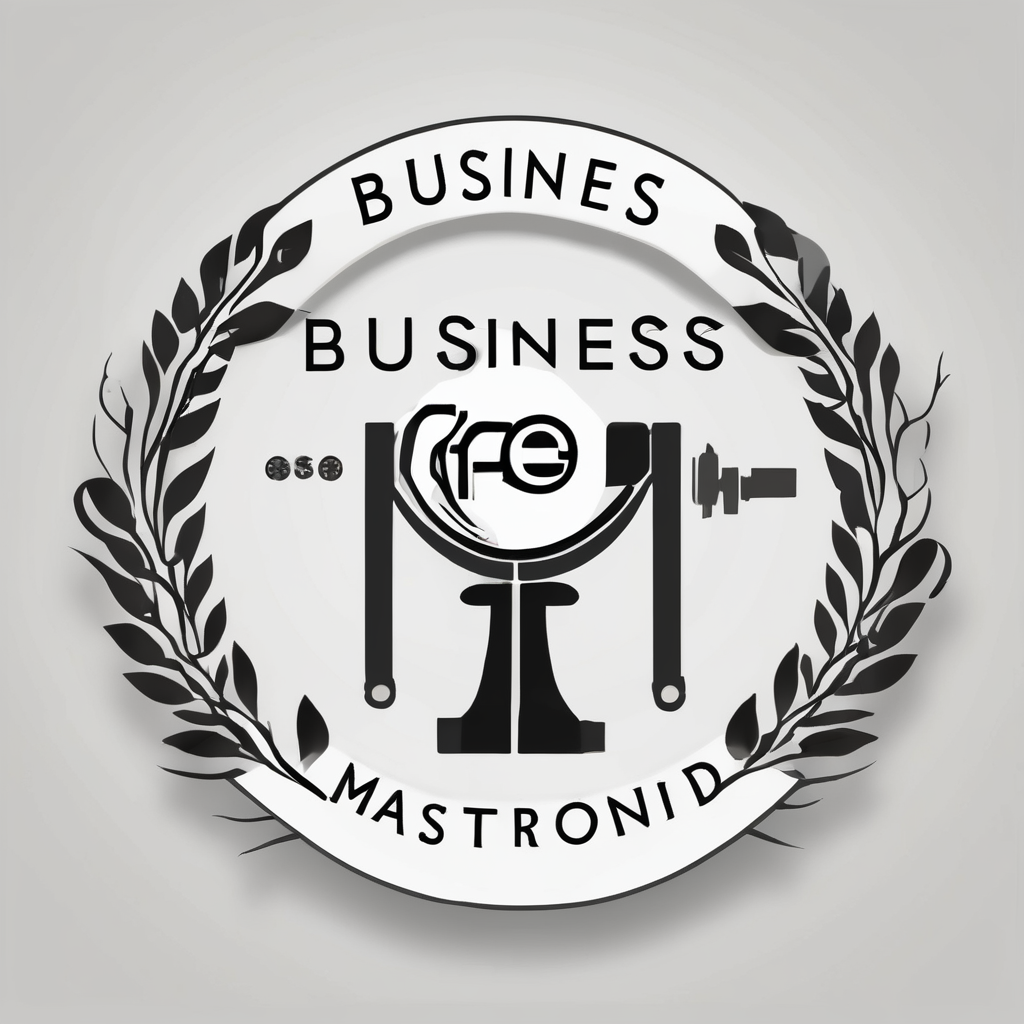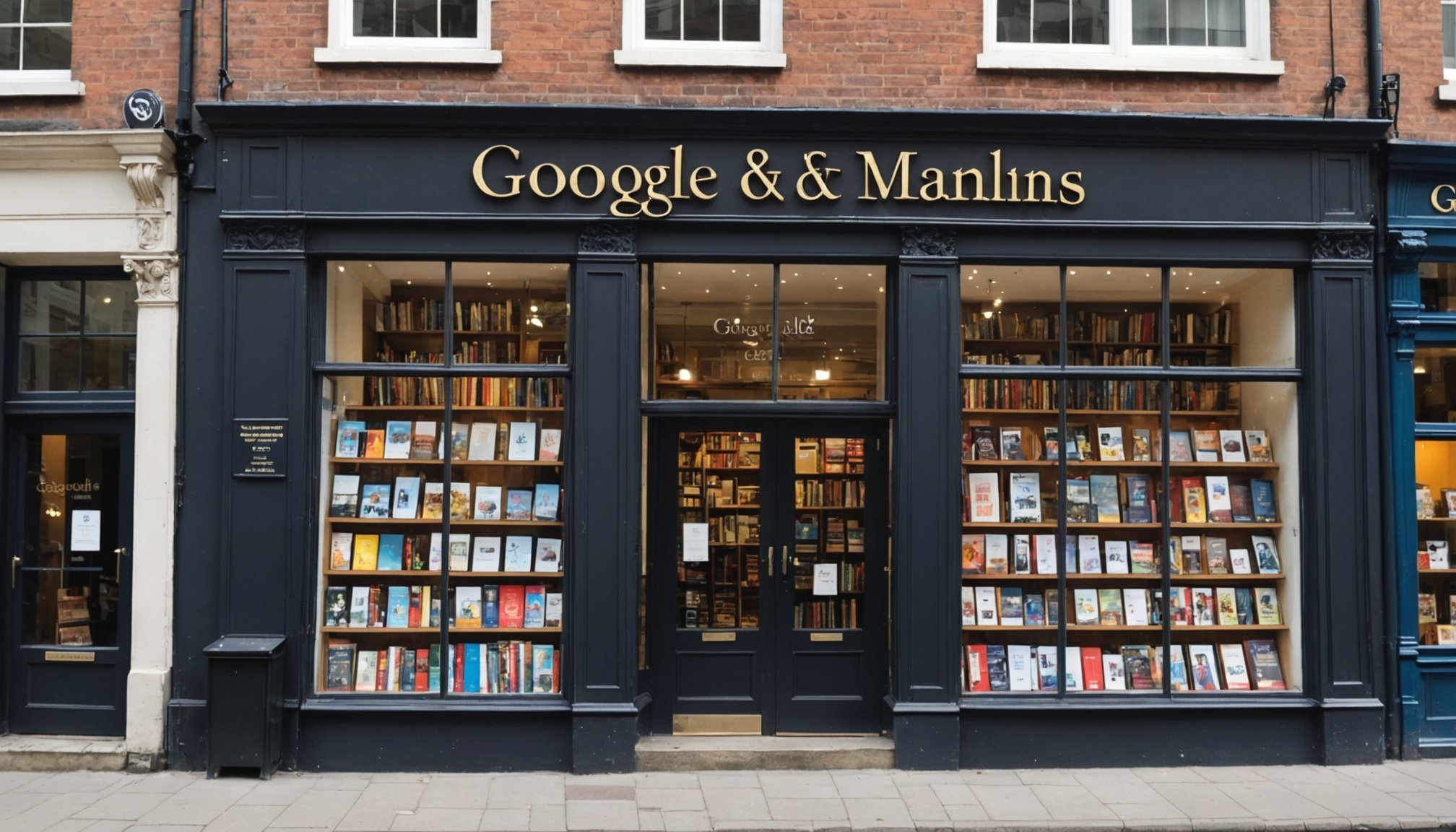Top Strategies for UK Independent Bookstores to Harness Google Ads for Effective Local Marketing
In the ever-evolving landscape of retail, independent bookstores in the UK face unique challenges in attracting and retaining customers. One of the most effective ways to overcome these challenges is by leveraging Google Ads to enhance local marketing efforts. Here’s a comprehensive guide on how to do it.
Understanding Your Target Audience
Before diving into the world of Google Ads, it’s crucial to understand your target audience. Who are the people most likely to visit your bookstore? Are they students, professionals, or families with young children? Understanding consumer behavior and demographics is key to creating targeted and effective ads.
This might interest you : Elevate your brand: essential instagram strategies for uk fashion designers to showcase fashion week highlights
Identifying Your Niche
- Book Clubs and Literary Groups: If your bookstore hosts book clubs or literary events, target ads towards individuals interested in these activities.
- Local Schools and Universities: Target students and faculty by highlighting textbooks, academic resources, and study spaces.
- Family-Friendly Environment: If your store has a children’s section, target families with ads featuring kids’ books and events.
Setting Up Your Google Ads Campaign
Setting up a Google Ads campaign can seem daunting, but breaking it down into manageable steps makes it more accessible.
Choosing the Right Campaign Type
- Search Ads: These are ideal for capturing users who are actively searching for book-related terms. For example, if someone searches for “bookstores near me” or “best bookstore in London,” your ad can appear at the top of the search results[5].
- Example: Create search ads with keywords like “independent bookstores in UK,” “used bookstores near me,” or “bookstore events.”
- Display Ads: These can help you reach a broader audience by displaying your ads on relevant websites, blogs, and other digital media platforms.
- Example: Use display ads to target book review blogs, literary magazines, or educational websites.
Setting Your Budget and Bidding Strategy
- Budgeting: Determine how much you are willing to spend on your ads. Google Ads allows you to set a daily budget, and you only pay when someone clicks on your ad.
- Tip: Start with a small budget and adjust as you gather data on what works best for your business.
- Bidding Strategy: Choose between cost-per-click (CPC) or cost-per-thousand impressions (CPM). For local marketing, CPC is often more effective as it ensures you’re paying only for interested clicks.
- Example: Set a target CPC and let Google’s automated bidding strategies optimize your bids for maximum conversions[5].
Optimizing Your Ads for Local Search
Local search is crucial for independent bookstores, as it helps attract customers who are physically close to your store.
Additional reading : Elevate your brand with a digital marketing agency in Paris
Using Location Targeting
- Geo-Targeting: Use Google Ads to target users within a specific geographic area. This could be as broad as a city or as narrow as a few streets around your store.
- Example: Target users within a 5-mile radius of your bookstore to ensure you’re reaching potential local customers.
Creating Compelling Ad Copy
- Highlight Local Relevance: Mention your store’s location and any local events or promotions.
- Example: “Visit our cozy bookstore in the heart of London. Join our weekly book club and get 10% off your first purchase.”
- Use Call-to-Actions: Encourage users to visit your store or website.
- Example: “Discover new titles and meet local authors. Click here to find out more about our upcoming events.”
Leveraging Google My Business and Local SEO
Combining Google Ads with a strong Google My Business presence and local SEO strategies can significantly boost your visibility.
Claiming and Optimizing Your Google My Business Listing
- Complete Your Profile: Ensure your business listing includes accurate and up-to-date information such as address, phone number, and hours of operation.
- Tip: Add high-quality photos of your store and events to make your listing more appealing.
- Encourage Reviews: Positive reviews can increase your store’s visibility in local search results.
- Example: “We love hearing from our customers Leave a review on Google My Business and help others discover our bookstore.”
Improving Local SEO
- Use Local Keywords: Incorporate local keywords into your website content and meta tags.
- Example: Use keywords like “independent bookstore in London” or “best bookstore in UK.”
- Build Local Backlinks: Get listed in local directories and partner with other local businesses to build backlinks.
- Example: Partner with a local coffee shop to offer a joint promotion, and ask them to link back to your website.
Content Marketing and Social Media Integration
Content marketing and social media can complement your Google Ads campaigns by providing valuable content and engaging your audience.
Creating Valuable Content
- Blog Posts: Write blog posts about book reviews, author interviews, and local literary events.
- Example: “Top 10 Books to Read This Summer: A Review by Our In-Store Experts”
- Email Marketing: Send newsletters to your subscribers featuring new releases, promotions, and upcoming events.
- Example: “Exclusive Offer: Get 20% Off All New Releases This Month. Sign Up for Our Newsletter to Stay Informed.”
Leveraging Social Media
- Facebook and Instagram: Use these platforms to share engaging content, behind-the-scenes looks, and event announcements.
- Tip: Use Instagram Stories and Facebook Live to engage with your audience in real-time.
- Twitter: Share quick updates, quotes from books, and interact with authors and readers.
- Example: “Just received a new shipment of bestsellers Come visit us today and get 10% off your purchase. #bookstore #newreleases”
Analyzing and Optimizing Your Campaigns
To ensure your Google Ads campaigns are performing well, you need to monitor and optimize them regularly.
Using Google Analytics
- Track Conversions: Set up conversion tracking to see which ads are leading to sales, sign-ups, or other desired actions.
- Example: Track how many users click on your ad and then visit your store or make a purchase.
- Real-Time Data: Use real-time data to adjust your campaigns on the fly.
- Tip: Use Google Analytics to identify which keywords, ads, and landing pages are performing best and adjust your strategy accordingly.
Practical Tips and Examples
Here are some practical tips and examples to help you get started:
Tip 1: Focus on the Foundations
- Know Your Audience: Understand who your customers are and what they are looking for.
- Example: If you know your audience is predominantly students, create ads highlighting textbooks and study resources.
- Compelling Copy: Ensure your ad copy is engaging and relevant.
- Example: “Discover the best selection of textbooks and academic resources in London. Visit us today and get a 10% discount on your first purchase.”
Tip 2: Use Instagram for High Engagement
- Instagram Stories: Use Instagram Stories to share behind-the-scenes content, sneak peeks, and exclusive offers.
- Example: “Sneak peek of our new arrivals Swipe up to see more and get 15% off your next purchase.”
- Instagram Live: Host live sessions with authors or book clubs to engage your audience.
- Example: “Join us live with author Jane Doe as she discusses her latest novel. Ask questions and get a signed copy!”
Comparative Analysis: Google Ads vs. Other Advertising Platforms
Here’s a comparative analysis of Google Ads with other popular advertising platforms:
| Platform | Key Features | Advantages | Disadvantages |
|---|---|---|---|
| Google Ads | Search, Display, Video Ads | High targeting capabilities, real-time data, extensive reach | Can be complex to set up, competitive bidding |
| Facebook Ads | Targeted ads based on user data | High engagement rates, detailed audience targeting | Ad fatigue, algorithm changes can affect performance[2] |
| Amazon Ads | Sponsored Products, Sponsored Brands | High conversion rates for product-based businesses | Limited to Amazon platform, competitive bidding[1] |
| Publift | Advanced ad optimization, programmatic advertising | High CPMs, real-time reporting, customizable ad units | Restrictive eligibility criteria, high traffic requirements[3] |
Harnessing Google Ads for local marketing is a powerful strategy for UK independent bookstores. By understanding your target audience, setting up targeted campaigns, optimizing for local search, and integrating content marketing and social media, you can significantly boost your store’s visibility and attract more customers.
Final Tips
- Consistency is Key: Run ads consistently to build your audience and improve performance over time.
- Monitor and Adjust: Regularly monitor your campaigns and adjust your strategy based on the data.
- Combine Strategies: Use a holistic approach by combining Google Ads with other marketing strategies like content marketing, social media, and local SEO.
By following these strategies and tips, you can create effective Google Ads campaigns that drive real results for your business, helping you to thrive in the competitive world of independent bookstores.











